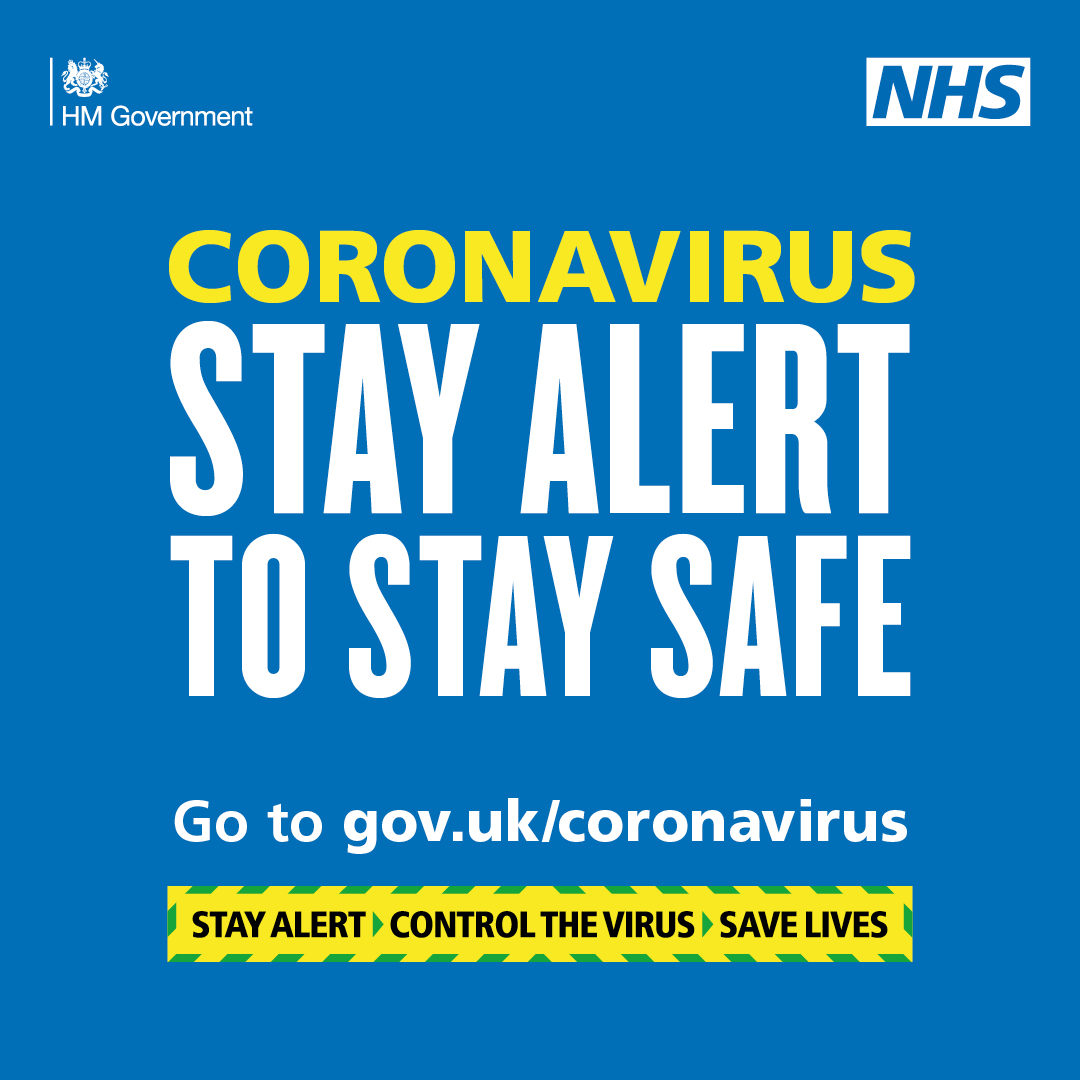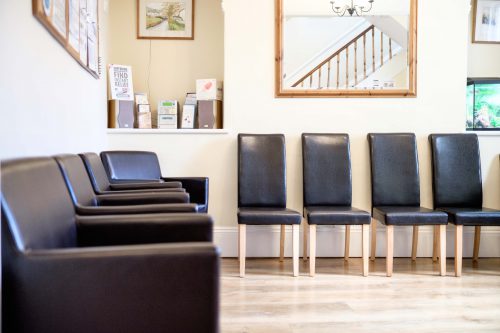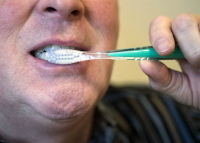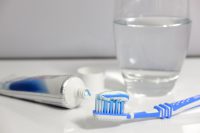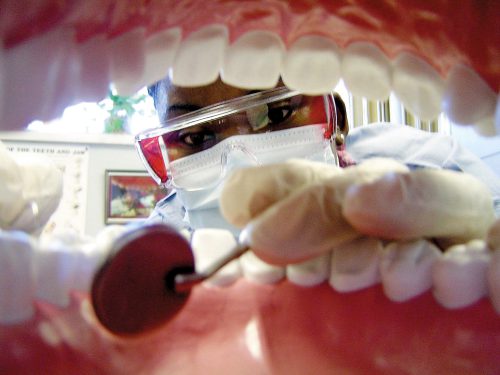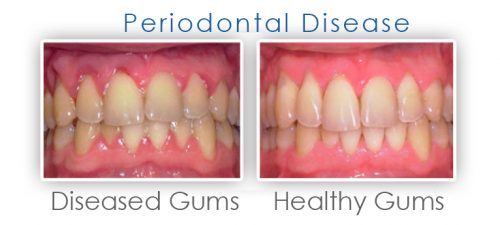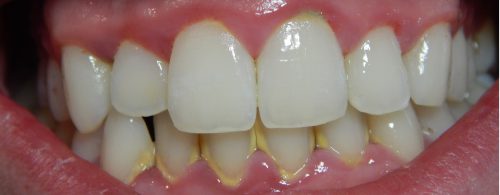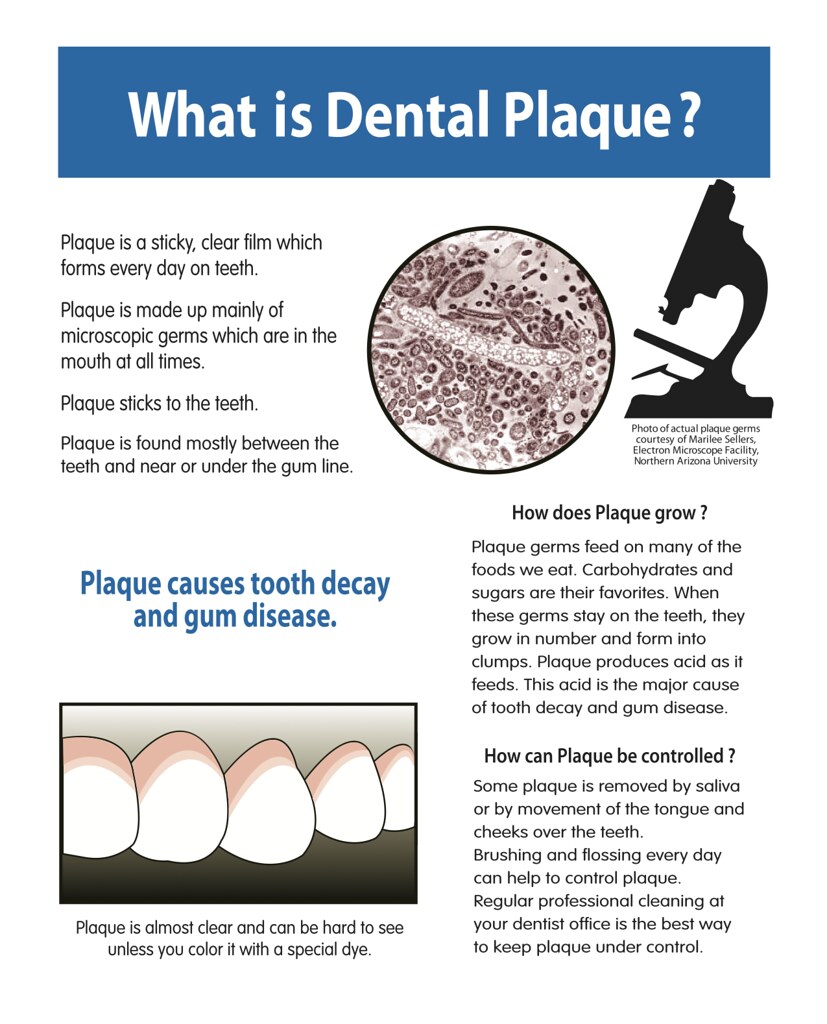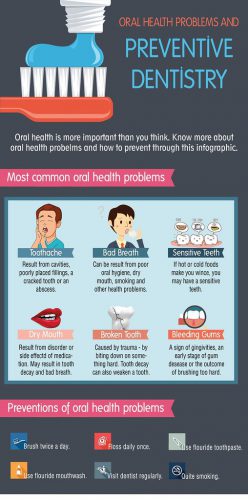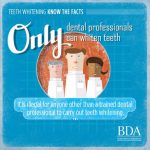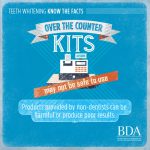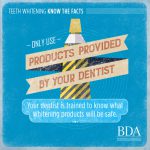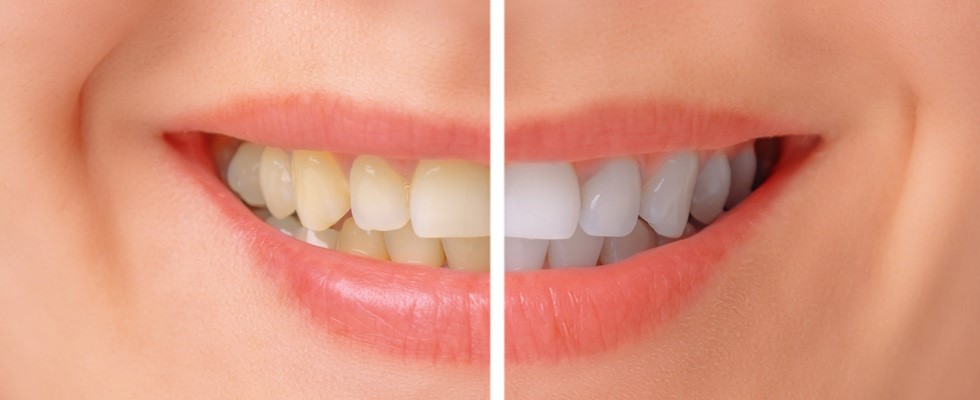If you didn’t receive this latest newsletter in your personal inbox, it’s because we don’t have your email address.
KEEPING IN TOUCH
Letting you know how things are at your dental practice.
We are continuing to follow government guidelines during this Coronavirus pandemic and since 8th June, the practice has been open, albeit on a fairly limited basis, providing urgent dental care only.
During Lockdown, 350 patients contacted us in trouble and our prime concern has been, now that we can see them face to face, to resolve their dental issues as soon as possible. We have also been in touch with patients who were due to have treatment which was postponed due to COVID 19, to see them as a priority, to prevent any deterioration in their oral health. This is for those due to have treatments like fillings and root canal treatment but also those with gum disease, who benefit from regular treatment with our Hygienists.
In accordance with the guidelines from the Chief Dental Officer for England, all routine appointments remain cancelled until the pandemic alert level drops further. This is for your safety and that of our staff.
We need to keep the number of people in the building at any one time to a minimum, so we are operating a closed-door policy, utilising a reduced number of surgeries, avoiding use of the waiting room and asking you to wait in your car or make use of the garden space, until you can be escorted straight in to the surgery.
Additional measures are in place to maintain a safe environment and limit the risk of infection. The team will be wearing additional PPE; undertaking scrupulous surface cleansing; carrying out pre-appointment COVID screening; taking payments over the phone and using electronic forms/information to reduce direct contact where possible.
Our website and Facebook page are kept up to date with any practice developments but if you feel out of the loop or want to contact us with any concerns you may have, please call us 01626 365896; email us [email protected] or get in touch through the Contact us form on our website www.stpaulsdentalpractice.co.uk
Whilst we are seeing a reduced volume of patients through the door and maintaining remote contact with you, it is more important than ever that we have up to date contact details such as phone numbers, mobile numbers, emails etc. If any of your details may have changed, please let us know as soon as possible.
If there is something we could do better, let us know.
However, if you are happy with the service we are providing, please let us know that too. We would appreciate a Google or Facebook review or a recommendation to friends and family.
Stay safe: Stay alert:
Best wishes from us
St. Paul’s Dental Practice
Your dedicated dental professionals



